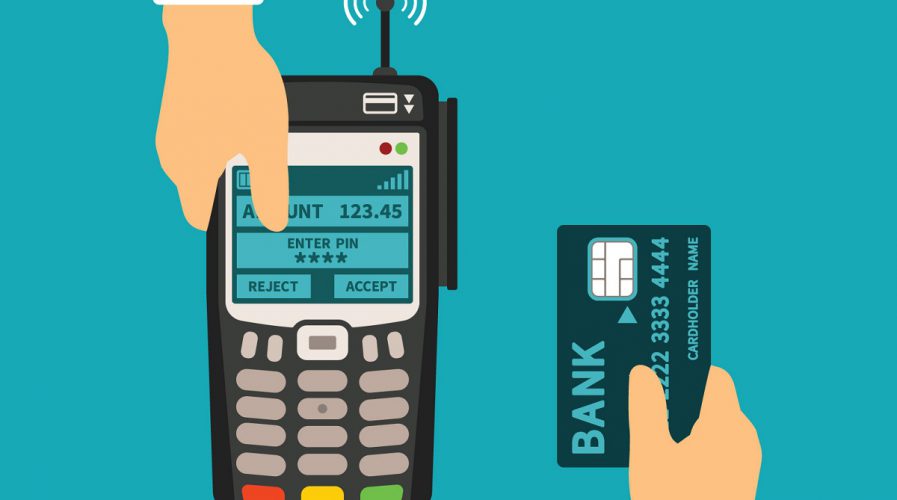
The APIs were seen as having a significant role in payments development as in-app payment becoming an increasingly popular trend along with transactions from IoT-enabled devices. Pic: Alex Oakenman/Shutterstock
Major banks to integrate cashless payment services under Bank Indonesia program
FOUR of Indonesia’s major commercial banks have announced they will be integrating their cashless payment services under a single network in support of the country’s National Payment Gateway (NPG) program, which is an effort by the central Bank Indonesia.
A Memorandum of Understanding (MoU) was issued recently on interconnectivity and interoperability, reports e27, and this fintech plan appears to be a manifestation of that.
The four banks include Bank Mandiri, Bank Negara Indonesia (BNI), Bank Rakyat Indonesia (BRI), and privately-owned Bank Central Asia (BCA).
SEE ALSO: India: Pro-cashless fintech companies rejoice as 500, 1000 rupee notes go out of style
President Director and CFO of Bank Mandiri, Kartika Wirjoatmodjo, told CNN Indonesia the four banks were requested to be first in line in the building of an e-money platform. Each bank already has its own, which he added could be run under “a single system”.
Together, the four banks control 75 percent of the market share of debit and credit cards in Indonesia. Kartika said that once all their e-money systems have been combined, each bank will benefit from one another’s infrastructure.
There is also an opportunity for other banks outside of the group to issue their own cards for customers to use within the platform created by the four banks. However, Kartika added that there would be a transaction fee involved as “we were the ones building the capital expenditure”.
Indonesians can expect to see the integrated platform within the next two months.
for country like Indonesia where COD is still a strong payment option, fintech could give a new hope https://t.co/DiArMOKUN9
— Christine Siagian (@mezos) January 23, 2017
It’s been slow going for fans of a cashless payment system in Indonesia, due to an extremely fragmented market and difficulty in getting customers to adopt the method. In addition to that, majority of Indonesians are mistrustful towards banks – as of October last year, only an estimated 35 percent of adults own bank accounts.
The Asian Development Bank Institute said in its 2014 ‘Financial Inclusion in Asia report’: “The geographical diversity and mass population pose natural obstacles to financial inclusion. The remote location of small islands and the limited banking potential of their inhabitants discourage banks from reaching out and providing financial services.”
But programs to improve financial literacy have been ongoing, and the Indonesian government is being urged by financial experts to diversify its efforts in reaching more of the population.
READ MORE
- The criticality of endpoint management in cybersecurity and operations
- Ethical AI: The renewed importance of safeguarding data and customer privacy in Generative AI applications
- How Japan balances AI-driven opportunities with cybersecurity needs
- Deploying SASE: Benchmarking your approach
- Insurance everywhere all at once: the digital transformation of the APAC insurance industry
